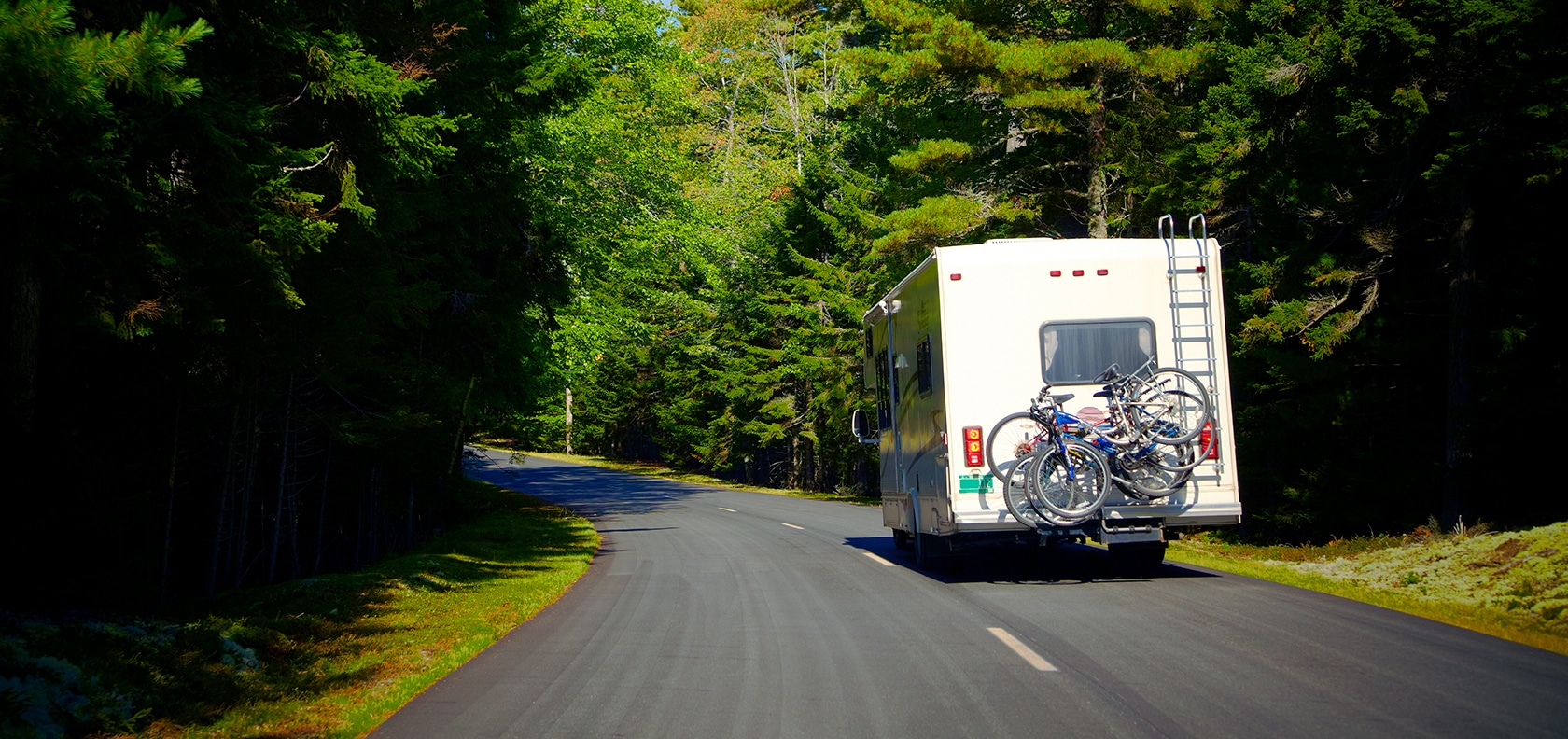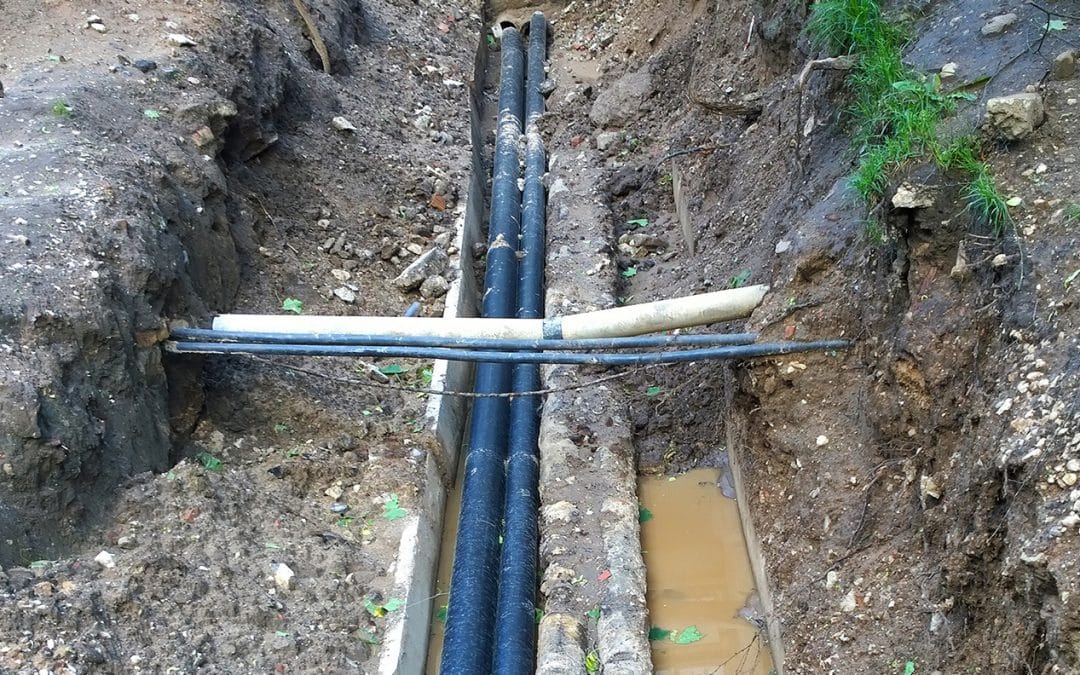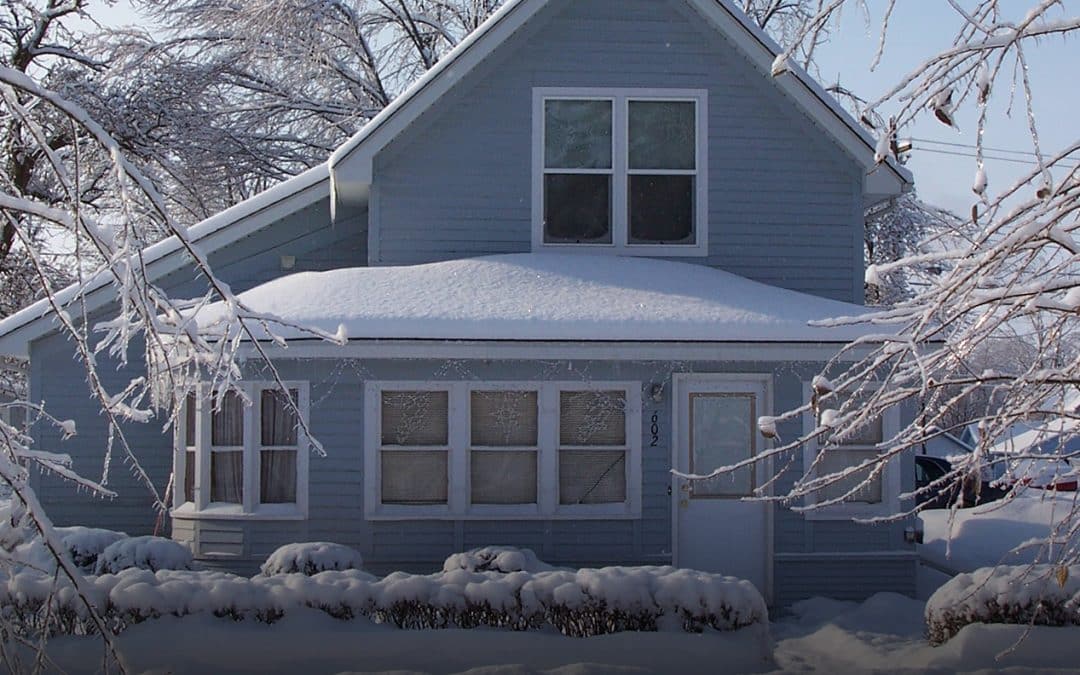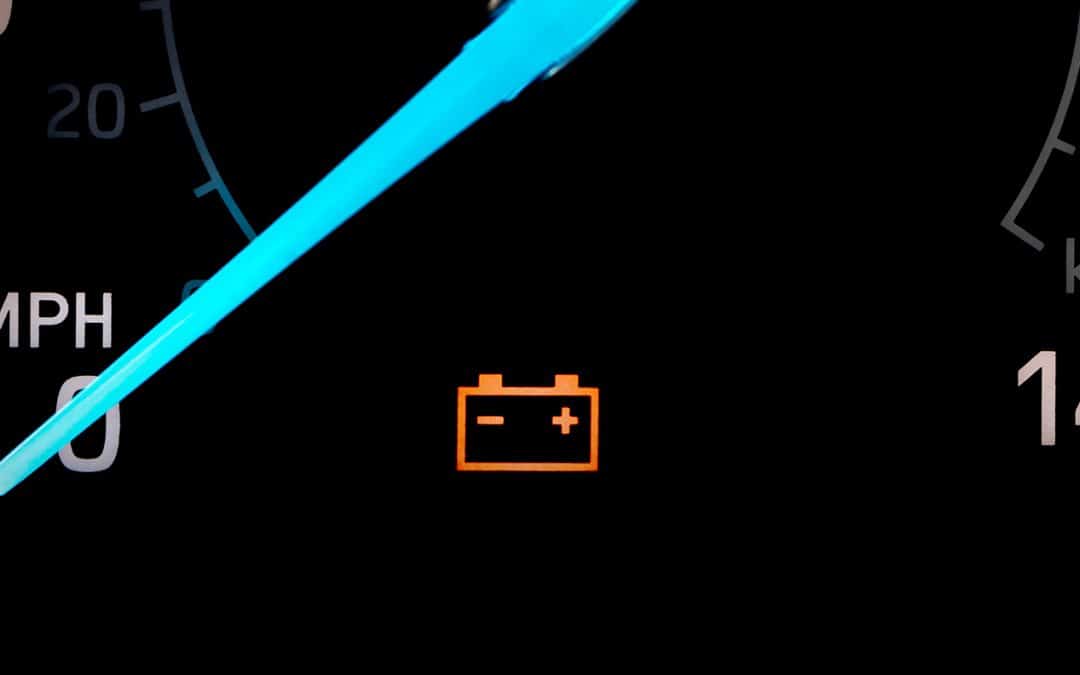If you plan to take a fun summer vacation with the family, maybe you’re also thinking of hitting the road in a recreational vehicle, also known as an RV. After all, an RV gives you the flexibility of driving when and where you want while cooking your own meals and sleeping in your own bed.
But before you take off on that adventure, there are many things you should consider to ensure your and your family’s safety in the RV.
RV maintenance
You won’t want any issues with your RV on the road, so you must have a licensed mechanic conduct a thorough vehicle inspection. Among the things a mechanic should check in your RV are:
- Brakes
- Tires
- Battery
- Fluid levels
- Exterior lights and turn signals
- Engine
- Hitches
Practice safe driving and be aware of RV size
Like any driving, it takes practice to become a good RV driver. You should also make sure you are properly licensed, as some states require commercial driving licenses (CDLs) to operate vehicles that exceed 26,001 pounds.
If you are a new RV driver, practice driving in an open or empty parking lot before venturing on the open road. Practicing should include making turns, staying in lanes, and backing up. You should also know your RV’s height, length, and width to avoid tight spaces and low bridges.
Be sure not to overload the RV, as uneven weight can cause tire wear, steering issues, and restricted braking.
Other things you can do before your RV adventure include:
- Installing a backup camera to help with reversing.
- Practice stowing items inside the RV to ensure they stay in place while traveling.
- Research RV rules and road restrictions in the various states in which you plan to travel.
RV fire prevention
According to the U.S. Fire Administration (USFA), an estimated 4,200 RV fires were reported to fire departments each year from 2018 to 2020. Those fires resulted in an estimated 15 deaths, 125 injuries, and $60,300,000 in property loss.
To avoid fires while using your RV, ensure you have a fire extinguisher on board and install smoke alarms and a carbon monoxide detector. The USFA also recommends you:
- Check propane supply lines for kinks or damage and test connections with a gas leak detection device.
- Make sure the generator exhaust is pointed away and downwind of the RV.
- Stay in the cooking area when preparing food and turn off the burner if you leave.
- Not overloading the electrical outlets.
- Ensure campfires are at least 25 feet away from the RV and anything that can burn.
It’s also vital to keep the RV’s doors and windows clear in case you need to escape.
RV road safety
Hopefully, you planned your route to navigate the best driving areas while avoiding traffic and are ready to hit the road safely. Because you are driving with a larger vehicle, there is an increased risk of an accident due to more prominent blind spots and its higher center of gravity. To help avoid accidents, it is recommended that RV drivers:
- Drive slower
- Don’t change lanes quickly
- Take wider corners
- Keep wider distances between other vehicles
It’s also recommended that everyone traveling in the RV wear their seatbelts while driving and that children remain secure in their car seats. Moving around in the RV should only be done when the vehicle is parked.
And while no one wants to break down while on the road, if you find yourself with a disabled RV, a flat tire, or warning lights on your dashboard, the first thing to do is try to enter the breakdown lane or shoulder as quickly and safely as possible. You should also turn on your hazard lights to warn other drivers.
Once you are safe, call 911 to report your emergency and to initiate roadside assistance.
What insurance is needed for an RV?
Nearly every state requires drivers to carry an RV insurance policy with liability coverage if their RV is taken out on the road. While eligible recreational vehicle types may vary by state, MAPFRE offers protection for the following:
- Motor Homes
- Recreational Trailers
- Pop-up Tent Trailers
- Fifth Wheel Trailers
- Utility Trailers
- Horse Trailers
While the cost of RV insurance ranges from state to state and is based on your individual driving history and past claims, your independent agent can discuss coverage options with you and make sure those options are suited to your individualized needs. And if you’re not yet insured with MAPFRE and live in Massachusetts, you can always get a fast, free quote on your car insurance policy today.



